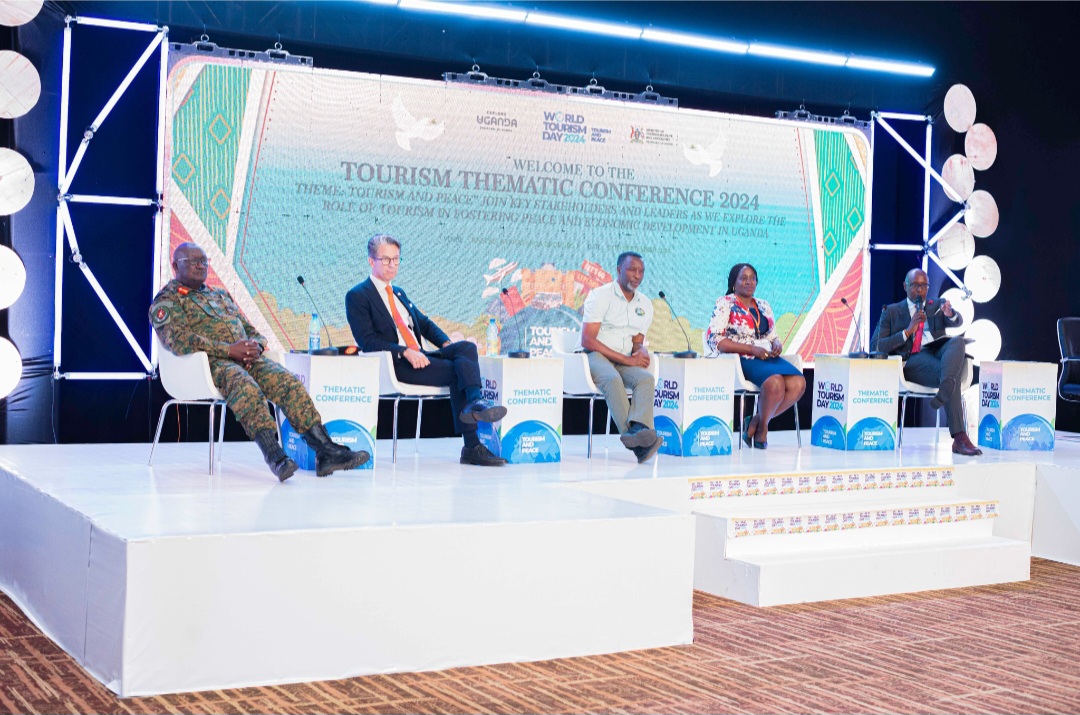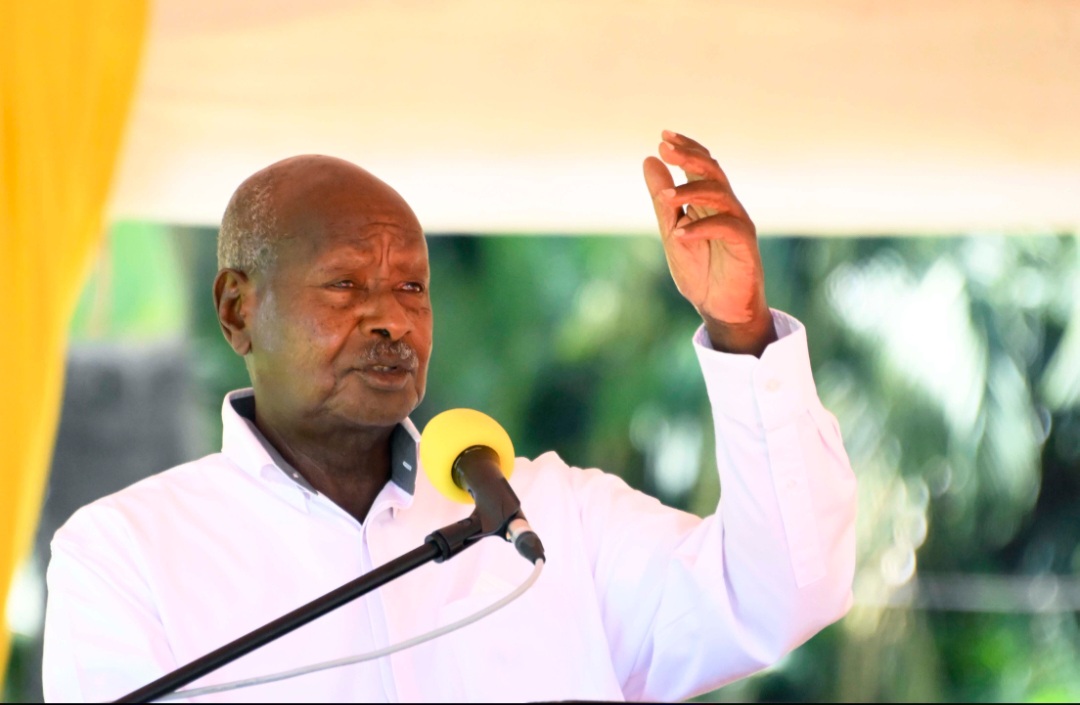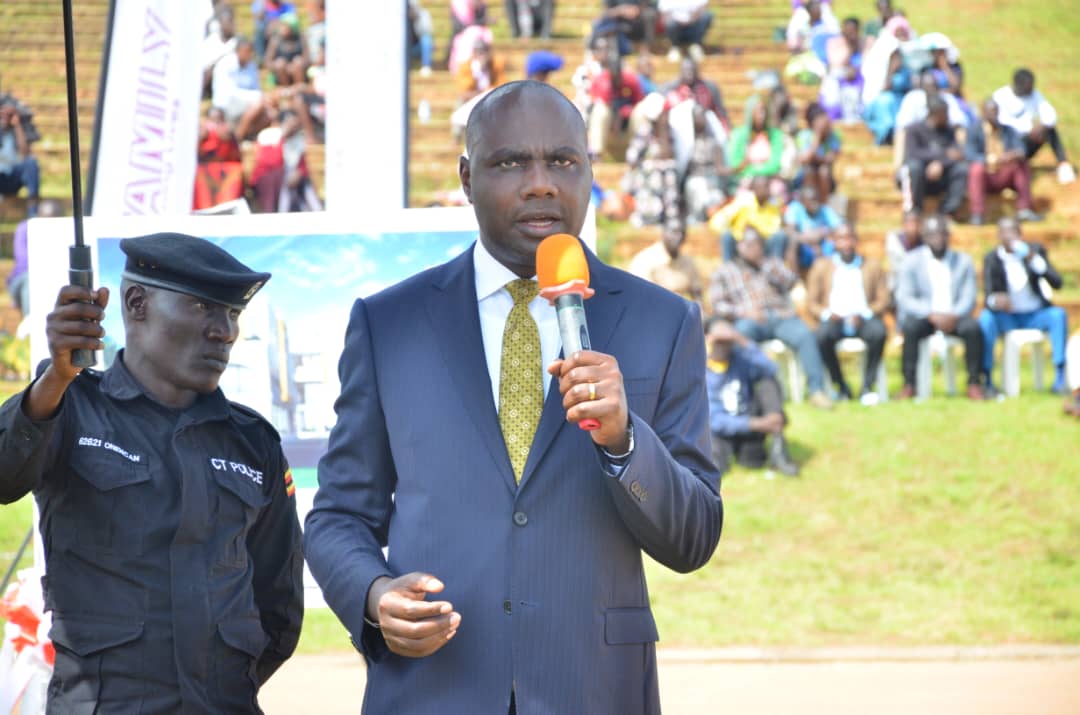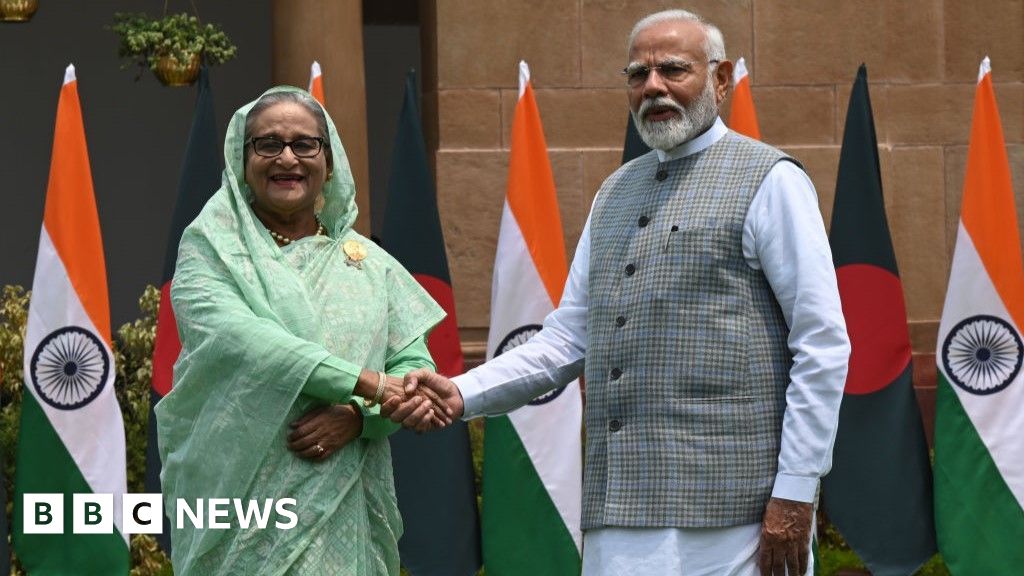The event brought together a range of voices who emphasised the crucial link between peace and tourism, urging for collaboration and investment to unlock the nation’s potential.
While giving his speech, Brigadier General Felix Kulayigye, spokesperson for the Uganda People’s Defence Forces (UPDF) alluded that the transformation of Karamoja, once a conflict-prone region, is a clear example that peace and stability are the strong pillars for the tourism industry to shoot up.
Brigadier General Felix Kulayigye, painted a vivid picture of a region reborn. No longer defined by insecurity, Karamoja is a beacon of opportunity, rich with cultural heritage, wildlife, and resources. Kulayigye stressed that peace has laid the foundation for Karamoja’s future, opening up the region to tourism and other economic activities.
“Karamoja is now a peaceful and secure region. From its rich cultural heritage and animal husbandry to mining and tourism, Karamoja’s potential is immense. The security of this region opens up its wealth for the country.”
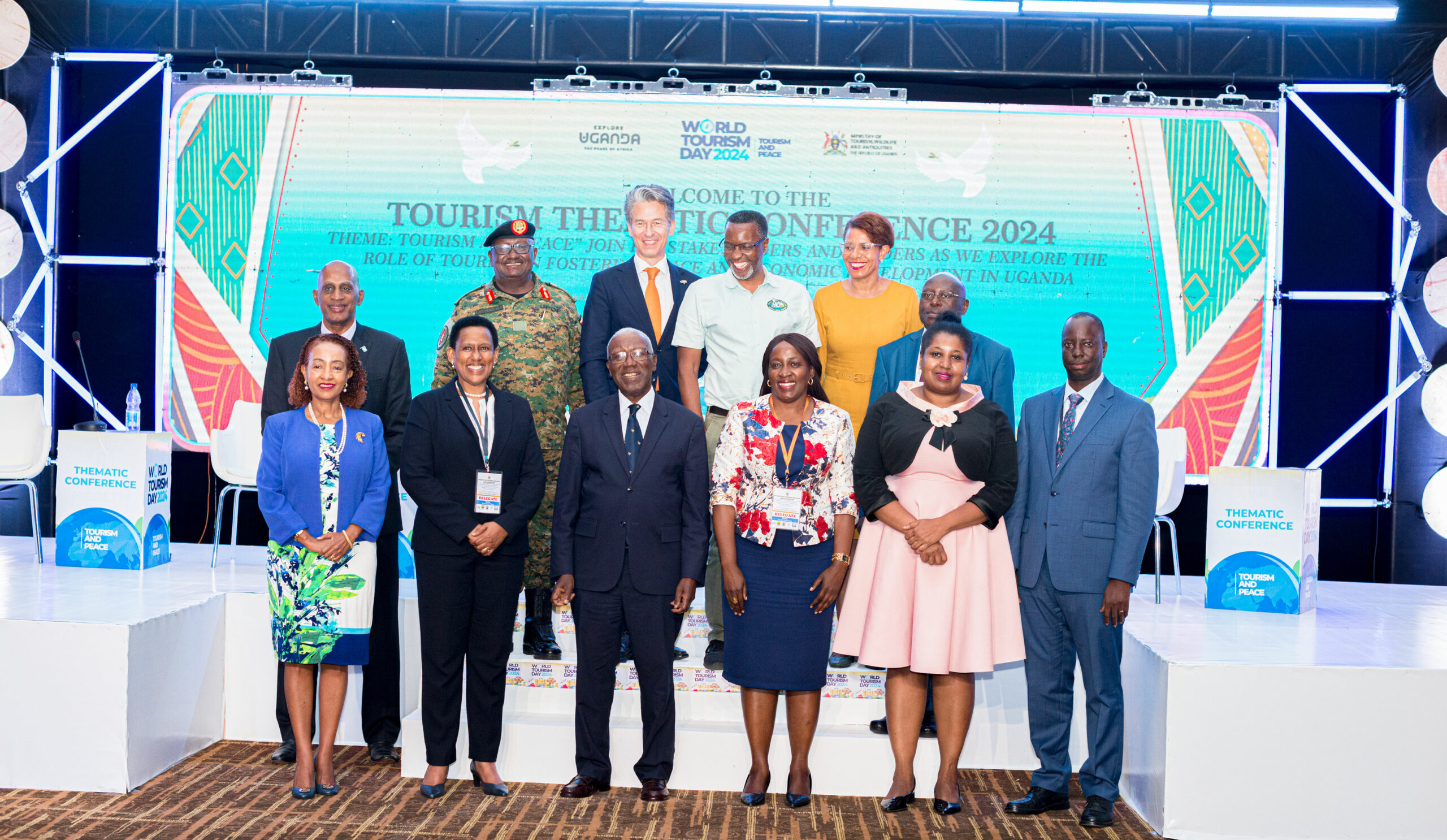
He expressed optimism about the country’s broader prospects, highlighting Uganda’s extraordinary diversity—from the forests of Kyanika to the savannas of Kidepo, with their unmatched flora and fauna.
While the UPDF plays a critical role in maintaining stability, Kulayigye emphasized the importance of ensuring that security risks are communicated effectively, without alarming potential visitors.
“We must balance between alerting the population versus scaring those coming. What’s the packaging that we should be using? It’s very critical. Secondly, the headlines our newspapers use are always scary. I’m not diplomatic but… I think these scary travel advisories are not necessary now because the country is safe,” he said
For him, tourism’s growth depends not just on peace but on how Uganda tells its story to the world. With peace firmly in place, he urged investors to take advantage of the country’s vast untapped potential, reminding them that a stable, secure Uganda is ready for business.
The private sector also re-echoed the need for a coordinated effort to propel Uganda’s tourism industry forward. Amos Wekesa, the founder and CEO of Great Lakes Safaris, was candid about one of the key barriers to tourism growth: negative travel advisories.
He pointed out that despite being safer than many of its neighbouring countries, Uganda still faces challenges from outdated or overly cautious advisories issued by foreign embassies.
“Peace and tourism work in tandem however currently Uganda’s problem is the negative travel advisory. This country has done a fantastic job, but we are so obsessed with saying what is not good about us now, when two people die, an English and European embassy puts a negative travel advisory. It is a trade barrier. What do negative travel advisories do? They nullify insurance. Now, when I don’t have insurance to come to Uganda,” he said.
Wekesa called on the government to actively engage with embassies to correct these narratives and present a more accurate picture of Uganda’s safety and stability.
Beyond government efforts, Wekesa underscored the private sector’s responsibility in promoting Uganda as a top travel destination. For him, marketing the country should be a shared duty, not something left to chance.
He believes that all stakeholders, including private businesses, have a role to play in improving the country’s image abroad. In his view, better data collection at key entry points like airports could greatly enhance Uganda’s ability to target tourists and develop strategies based on real insights.
Anne Nkutu, Governor of Rotary District 9213 from the Rotary’s global mission of peacebuilding, highlighted the role of peace in tourism development and she spoke of how sustainable peace is integral to tourism.
“Rotary’s efforts in promoting positive peace—a concept built on strong institutions, access to resources, and respect for rights—align directly with the creation of a stable environment in which tourism can thrive.”
Nkutu also touched on Rotary’s environmental initiatives, such as reforestation projects and anti-plastic campaigns, aimed at preserving Uganda’s natural beauty for future generations. Environmental sustainability was a recurring theme at the conference. Uganda’s breathtaking landscapes and rich biodiversity are key draws for tourists, but they must be protected if the country is to maintain its appeal.
She also noted that with cultural exchange, the Rotary encourages international exchanges to foster cultural appreciation, reduce prejudice, and promote diversity. “As people travel and embrace different cultures, tolerance grows, creating a peaceful atmosphere for tourism.”
Nkutu’s message was clear: tourism cannot flourish without a commitment to safeguarding the very resources that attract visitors.
Adding an international perspective, the European Union Ambassador to Uganda, Jan Sadek, brought attention to the need for Uganda to reshape its global image. Despite its natural allure, Sadek noted that Uganda’s past, particularly the era of Idi Amin, still casts a shadow in some international circles.
This perception, he argued, can be shifted by focusing on Uganda’s greatest strengths—its safety, cultural richness, and the warmth of its people. Sadek emphasized that other countries in the region, like Rwanda and South Africa, have successfully used their histories to promote peace tourism, and Uganda can follow suit.
The EU has already invested heavily in Uganda’s tourism, and Sadek reaffirmed their commitment to supporting sustainable tourism initiatives. For him, the key to success lies in ensuring that tourism benefits local communities, creates jobs, and showcases Uganda’s unique cultural heritage. With further investment and a cohesive strategy, he believes Uganda can position itself as a leading global destination.
Meanwhile, Uganda’s tourism potential is immense, but it will take a collective effort to unlock it. The combination of peace, strategic investments, and a clear, positive narrative can elevate Uganda to new heights in the global tourism market. With its natural beauty, cultural wealth, and newfound stability, Uganda is ready to welcome the world. The future of tourism in Uganda looks bright, but it will require continued dedication from both the public and private sectors to fully realize the country’s potential.
